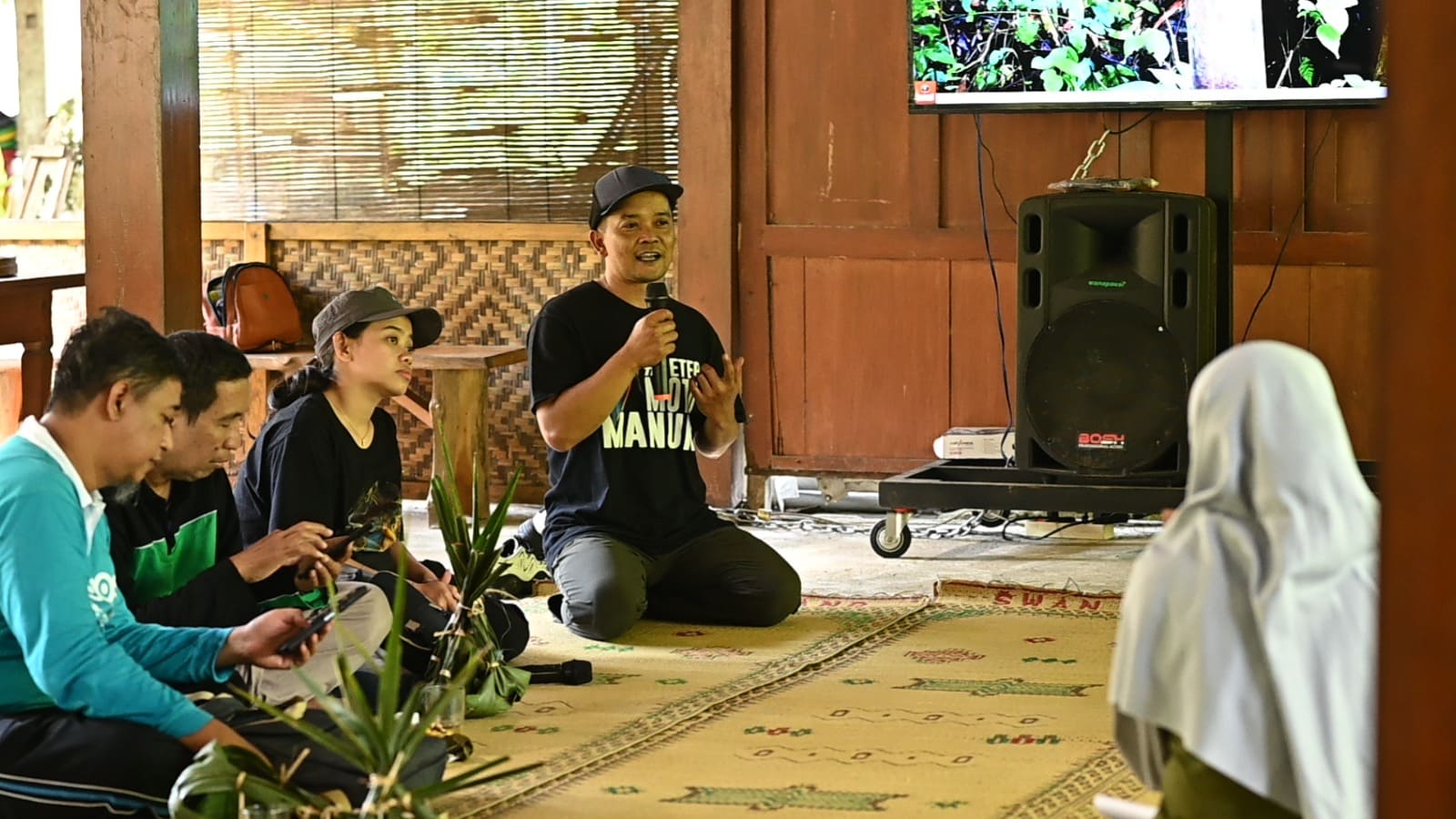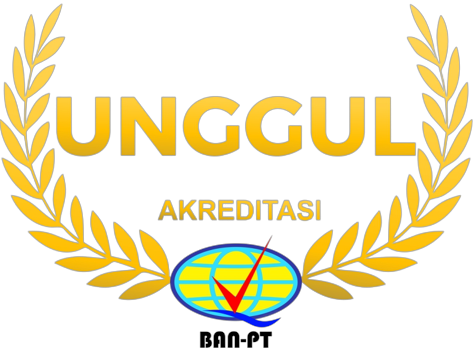 Bahasa Indonesia
Bahasa Indonesia English
English
You are here
Training to Strengthen Biology Teachers' TPACK (Comprehensive Assessment and Assessment) in Utilizing Out-of-School Learning Resources for Sustainability-Oriented Biology Learning within a Deep Learning Framework

The deep learning policy implemented by the Ministry of Education and Culture starting in the 2025/2026 academic year presents unique challenges for teaching and learning practices in secondary schools, including biology. Deep learning, which emphasizes the importance of creating a joyful, mindful, and meaningful learning environment, requires thorough preparation, including the selection and structuring of contextual and innovative biology study materials. This need can only be met by biology teachers if they are sensitive and creative in utilizing all the potential biology learning resources available in their environment. To support this competency, the Community Service Team of the Biology Education Undergraduate Program at UNY, chaired by Agung W. Subiantoro, held a Training to Strengthen Biology Teachers' TPACK (Comprehensive Assessment and Assessment) in Utilizing Out-of-School Learning Resources for Sustainability-Oriented Biology Learning within a Deep Learning Framework.
This activity is a collaboration between the study program lecturer team, the professional group of teachers of the Subject Teachers' Consultation (MGMP) Biology in the DI Yogyakarta region, and the Forest Farmers Group (KTH) Wanapaksi, Jatimulyo Village, Kulon Progo. A total of 30 biology teachers who are members of the Biology MGMP actively participated in the activity which was carried out in three stages, on July 9, 10 and 17, 2025. The first stage was an introductory discussion activity and reinforcement of basic materials related to the principles of learning resources and biology teaching materials, TPACK, principles of in-depth learning, experiential learning, and sustainability studies. These basic materials then became provisions for teachers to participate in the second stage of activities, namely field studies, exploration and observation of potential biology learning resources in the Jatimulyo Village area, Kulon Progo. The selection of the field study location in Jatimulyo was based on the reputation of Jatimulyo Village which has long been known as a bird watching ecotourism village. However, the potential for bird watching is not the sole reason for this, but rather the sustainability-oriented practices of natural resource conservation by the community, which aligns with the focus of the activity's study theme, sustainability. Therefore, in addition to observations, discussions on good practices on conservation and sustainability also became a topic of lively discussion with KTH Wanapaksi partners in the second phase of this activity. Armed with the insights, knowledge, and potential of the objects and issues observed in Jatimulyo Village, the participating teachers independently attempted to develop sustainability-oriented biology learning tools. These were discussed together in the third meeting, which also served as a stage for dissemination and joint reflection.
Based on the implementation and results of the activity, it was clear that the biology teachers participating in the training were very enthusiastic and actively participated in the activity. In addition to the diverse functional learning tools produced and discussed together, the reflection results demonstrated very positive appreciation from the participants, along with the hope that similar activities could be held again to support their competency building. Another important aspect is that this activity has become a vehicle for mutual partnerships between the Undergraduate Biology Education Study Program and community groups outside the university.
.jpeg)



Sistem Informasi
Kontak Kami
Program Studi Pendidikan Biologi
Kantor Jurusan Pendidikan Biologi
Gedung Dekanat FMIPA lt III
FMIPA Universitas Negeri Yogyakarta
Kampus Karangmalang Yogyakarta 55281
email : pend_biologi@uny.ac.id
Copyright © 2026,

